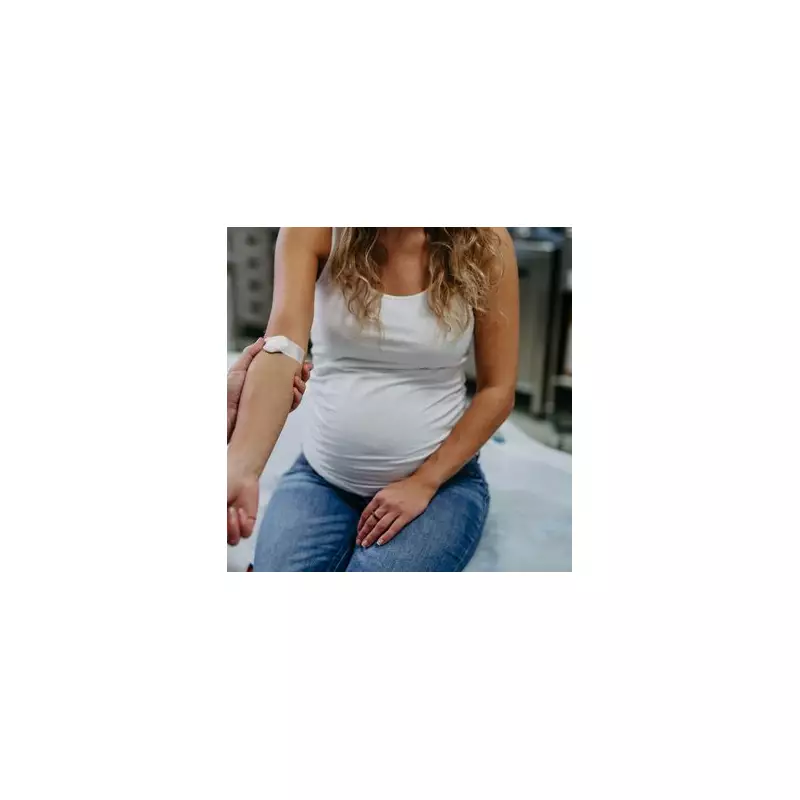
Health authorities across the UK have sounded the alarm over a dramatic surge in whooping cough cases, with officials urging pregnant women to ensure they receive their vaccinations immediately.
The UK Health Security Agency (UKHSA) has confirmed five tragic infant deaths between January and March 2024, as reported cases skyrocketed to 2,793 during the same period. This represents a significant increase from the 858 cases recorded throughout the entirety of 2023.
Why This Matters for Expectant Mothers
Whooping cough, medically known as pertussis, poses a particularly severe threat to newborn babies who are too young to receive their own vaccinations. The bacterial infection can lead to serious complications including pneumonia, breathing difficulties, and in the most tragic cases, death.
The maternal vaccination programme offers the most effective protection, with antibodies passed from mother to baby during pregnancy providing crucial immunity during those vulnerable first months of life.
Understanding the Current Outbreak
Dr Gayatri Amirthalingam, Consultant Epidemiologist at UKHSA, explained the concerning trend: "Whooping cough is a cyclical disease that typically peaks every 3-5 years. The current surge follows a period of exceptionally low cases during the pandemic, combined with the gradual decline in vaccine uptake among pregnant women."
The vaccination rate for pregnant women has fallen from over 70% in 2017 to approximately 58% in 2023, leaving thousands of newborns unprotected during this critical outbreak period.
What You Need to Know About the Vaccine
- The whooping cough vaccine is routinely offered to all pregnant women between 16 and 32 weeks
- Vaccination during pregnancy has been proven safe for both mother and baby
- The protection passes to your baby before birth, providing immediate defence
- If you missed the window, you can still receive the vaccine until you go into labour
Recognising the Symptoms
Whooping cough typically begins with cold-like symptoms but progresses to intense coughing bouts that can last for several weeks or even months. The characteristic "whoop" sound occurs as sufferers gasp for air between coughing fits.
In babies, the symptoms can be less obvious but more dangerous. Look for signs of breathing difficulties, turning blue or purple during coughing spells, and exhaustion from the effort of coughing.
Health officials emphasise that immediate medical attention is crucial if you suspect whooping cough in yourself or your child, particularly for infants under six months who are most vulnerable to severe complications.





